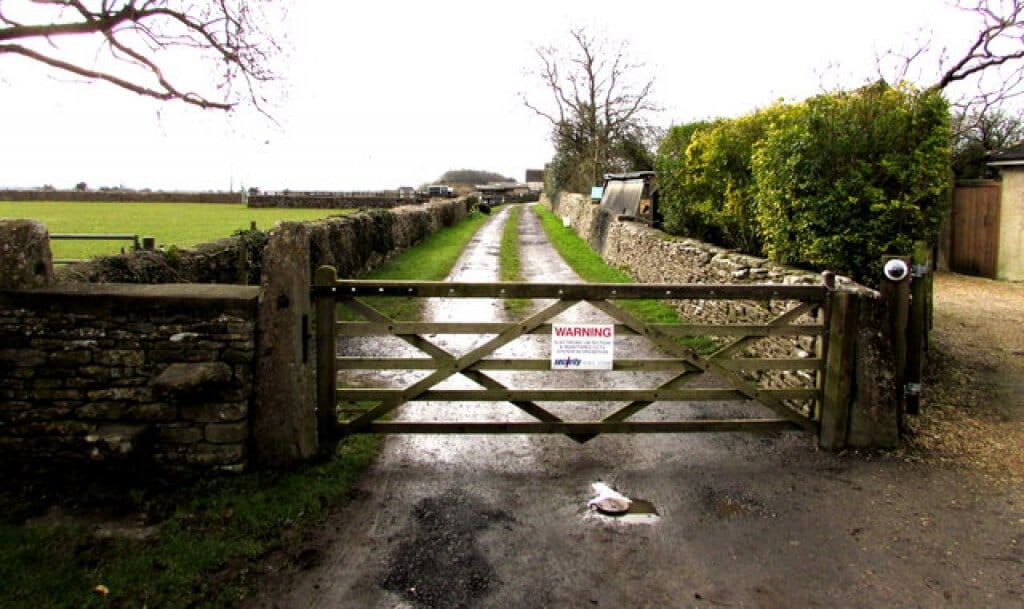
High Court considers whether there has been substantial interference with a private right of way
Any obstruction of a private right of way must be substantial to be actionable and there can be no substantial interference if, despite the obstruction the right of way can be “practically and substantially exercised as conveniently” as it was before.
In July 2012, the Defendants, Mr & Mrs Jordan, purchased a property, Ferndown. A track was located within Ferndown that was subject to an express right of way in favour of the neighbouring property, Kingsgate Farm. At the time the Defendants bought Ferndown there were two gates on the track: one electronically operated gate at the entrance to the track from the main road which was opened by pushing a button and closed automatically; and another manually operated unlocked gate further along the track. The Defendants installed a third manually operated unlocked gate at a bend in the track between the previous two gates. The Claimant owner of Kingsgate Farm claimed that the right of way had been substantially reduced or interfered with so that it was unsuitable for its intended use.
The court held that the cumulative effect of the three gates amounted to a substantial interference with the private right of way since there were three gates within less than 100 metres of each other and it ordered that the third gate the Defendants had installed be removed.
The court distinguished previous case law in which it had been concluded that the erection of fob operated gates where there had previously been no gates constituted a substantial interference. In this case the electronically operated gate was opened only by pressing a button and it was therefore easier to open than manually operated gates therefore did not constitute a substantial interference.
The fact that the court gave weight to the cumulative effect of the three gates highlights that a court will consider the broad picture in these types of claims. The distinction made between electronically operated gates that open just by pushing a button compared to fob operated gates and even manually operated gates is interesting.
Maitland Walker LLP has a recognised practice in property and in litigation and dispute resolution. For further information relating to rights of way, other easements or any aspect of contentious property law, please contact Sheree-Ann Virgin on 01643 707777 or by e-mail.
Talk it over
with an expert
with one of our friendly and professional team
